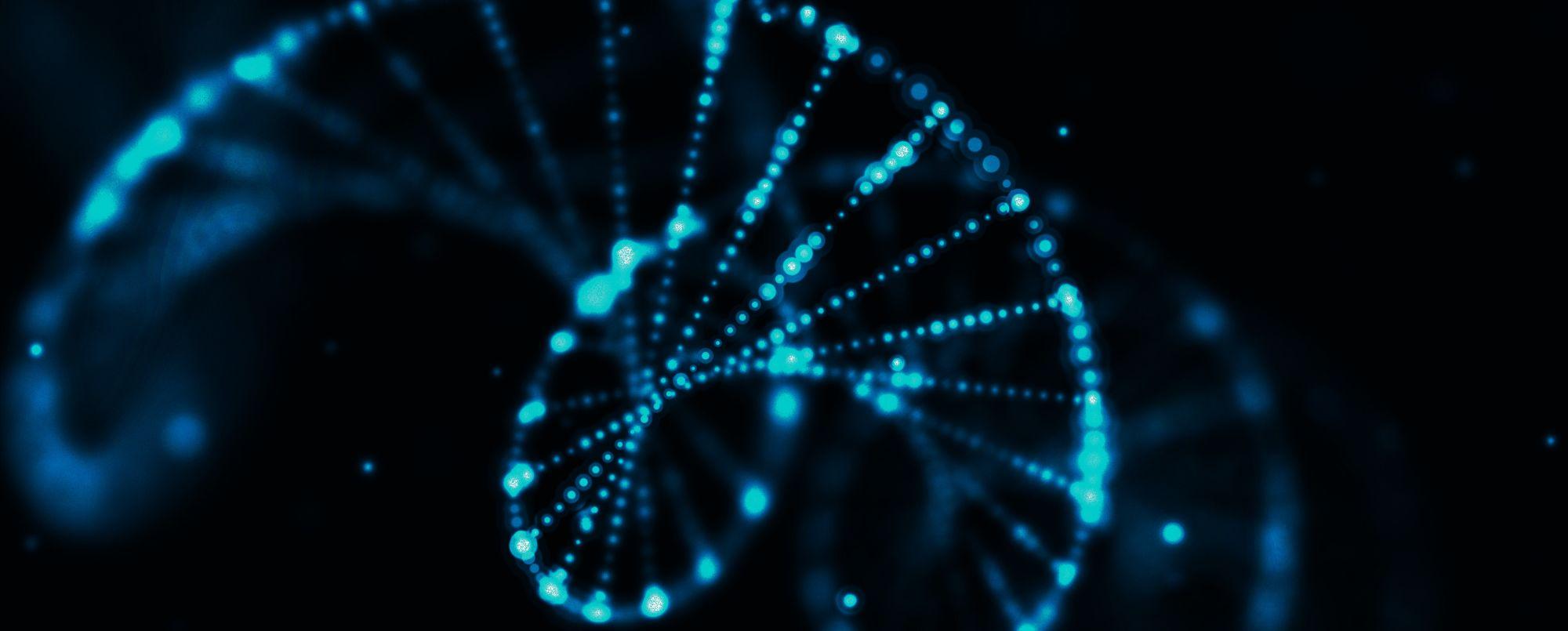"Evolutionary Perspectives in a Changing World" investigates how man-driven environmental changes impact the genetic composition of populations and their differentiation at multiple biological scales, influencing their evolutionary potential.
We explore interconnected topics:
- Utilising experimental evolution to understand adaptation to abiotic and biotic selection pressures at phenotypic and genomic levels.
- Exploring the role of plasticity versus genetic architecture in evolutionary processes.
- Utilising natural populations to investigate the role of natural selection, demographic history, and genetic responses to environmental changes.
- Studying the role of hybridisation in speciation and adaptation.
- Unravelling the factors underlying biogeographical species distributions.
Our work spans from well-established and emerging lab models (e.g., Drosophila, spider mites) to natural populations of various species (e.g., freshwater fishes, ragwort, oak trees). Benefiting from state-of-the-art resources such as the Experimental Evolution unit, bioterium, and fully-equipped genetics lab, this research area is supported by 10 research groups specialising in experimental evolution and evolutionary genomics.
Coordination
Research Groups in Evolutionary Perspectives in a Changing World
Explore


